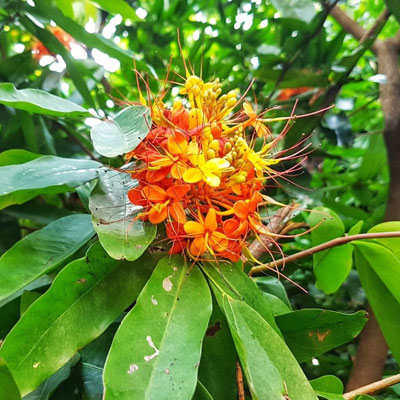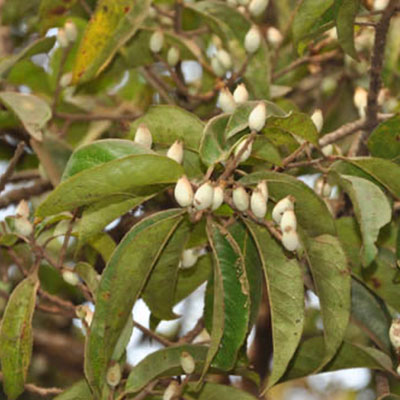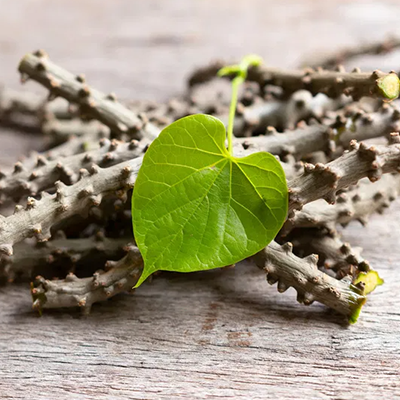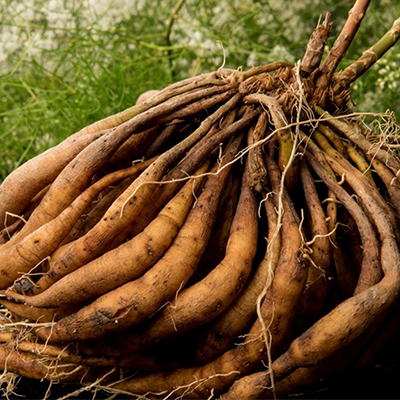Pelvic Inflammatory Disease (PID) is an infection of the female reproductive organs, including the uterus, fallopian tubes, ovaries, and surrounding tissues. If untreated, it can lead to serious complications like infertility, chronic pelvic pain, and ectopic pregnancy.
Types of Pelvic Inflammatory Disease
Acute PID:
- Sudden onset with severe symptoms such as high fever, intense pelvic pain, and tenderness.
- Requires immediate medical intervention.
Chronic PID:
- A long-standing, low-grade infection with milder, persistent symptoms.
- Often associated with scarring and adhesions in the pelvic organs.
Causes of Pelvic Inflammatory Disease
PID is typically caused by a bacterial infection, often transmitted sexually, but other factors may also contribute:
Sexually Transmitted Infections (STIs):
- Chlamydia trachomatis and Neisseria gonorrhoeae are the most common causative agents.
Normal Vaginal Flora Overgrowth:
- Bacteria like Gardnerella vaginalis or Escherichia coli can ascend and cause infection.
Risk Factors
- Unprotected sexual activity with multiple partners.
- Prior history of STIs or PID.
- Douching, which disturbs the vaginal flora.
- Invasive procedures like IUD insertion, abortion, or endometrial biopsy.
Signs and Symptoms of PID
Symptoms can vary in severity and may be acute, sub acute, or chronic:
General Symptoms
- Lower abdominal or pelvic pain (most common).
- Abnormal vaginal discharge (often foul-smelling).
- Painful urination (dysuria).
- Painful intercourse (dyspareunia).
- Irregular menstrual bleeding or spotting.
Systemic Symptoms
- Fever and chills.
- Fatigue and malaise.
Advanced Cases
- Severe pelvic pain due to abscess formation.
- Nausea and vomiting.
- Infertility (due to tubal scarring).
Diagnosis of Pelvic Inflammatory Disease
Clinical Evaluation
- Pelvic examination to assess tenderness in the uterus, fallopian tubes, and ovaries.
Laboratory Tests
- STI Testing: Detect Chlamydia or Gonorrhea.
- Complete Blood Count (CBC): Elevated white blood cel
- Cervical/Vaginal Culture: Identifies causative organisms.
Imaging Tests
- Ultrasound: Detects abscesses or fluid accumulation.
- MRI or CT scan: For complex or unclear cases.
Laparoscopy
- Direct visualization of pelvic organs for definitive diagnosis in unclear cases.
Complications of PID
Infertility:
Scarring in the fallopian tubes can block eggs from reaching the uterus.
Chronic Pelvic Pain:
Long-term pain due to adhesions and inflammation.
Ectopic Pregnancy:
Fertilized egg implants outside the uterus due to damaged fallopian tubes
Abscess Formation:
Collection of pus in the pelvis, which may require surgical drainage.
Peritonitis:
Inflammation of the abdominal lining due to infection spread.
Ayurvedic Perspective on Pelvic Inflammatory Disease
In Ayurveda, PID can be correlated with "Yonivyapad" (disorders of the female reproductive system) or "Agnimandya" (impaired digestion and metabolism) leading to "Ama" (toxins) accumulation and vitiation of doshas.
Dosha Involvement
- Vata Dosha: Causes pain, dryness, and abnormal movement of toxins into reproductive organs.
- Pitta Dosha: Leads to inflammation, burning sensations, and fever.
- Kapha Dosha: Contributes to excessive discharge and heaviness.
Ayurvedic Treatment of PID
Ayurvedic treatment aims to balance doshas, remove toxins, and strengthen reproductive health.
Panchakarma (Detoxification Therapy)
- Virechana (Purgation Therapy): Removes Pitta dosha and toxins.
- Basti (Medicated Enema): Nourishes and pacifies Vata dosha.
- Yoni Dhawanam (Vaginal Douche): Medicated decoctions cleanse and heal the reproductive organs.
Dietary Recommendations
- Eat light, easily digestible foods like khichdi, soups, and steamed vegetables.
- Avoid spicy, oily, and processed foods that aggravate Pitta.
- Include cooling and anti-inflammatory foods like aloe vera juice and coconut water.
Lifestyle Modifications
- Maintain hygiene to prevent infections.
- Avoid excessive physical exertion during active infection.
- Practice yoga and pranayama to support overall health.
Herbal Remedies
Ashoka (Saraca asoca)
Reduces inflammation and abnormal vaginal discharge.
Lodhra (Symplocos racemosa)
Astringent properties help control excessive discharge.
Guduchi (Tinospora cordifolia)
Boosts immunity and combats infection.
Shatavari (Asparagus racemosus)
Nourishes reproductive tissues and balances hormones.
Ayurvedic Formulations
- Dashmoola Kwatha: Reduces pain and inflammation.
- Chandraprabha Vati: Treats pelvic pain and urinary symptoms.
- Kanchanar Guggulu: Addresses abscesses and promotes detoxification.
- Pushyanuga Churna: Controls abnormal vaginal discharge.
Pelvic Inflammatory Disease is a serious condition with significant health consequences if untreated. Modern medicine provides antibiotics and surgical options for severe cases, while Ayurveda offers a holistic approach focusing on detoxification, herbal remedies, and lifestyle changes.







